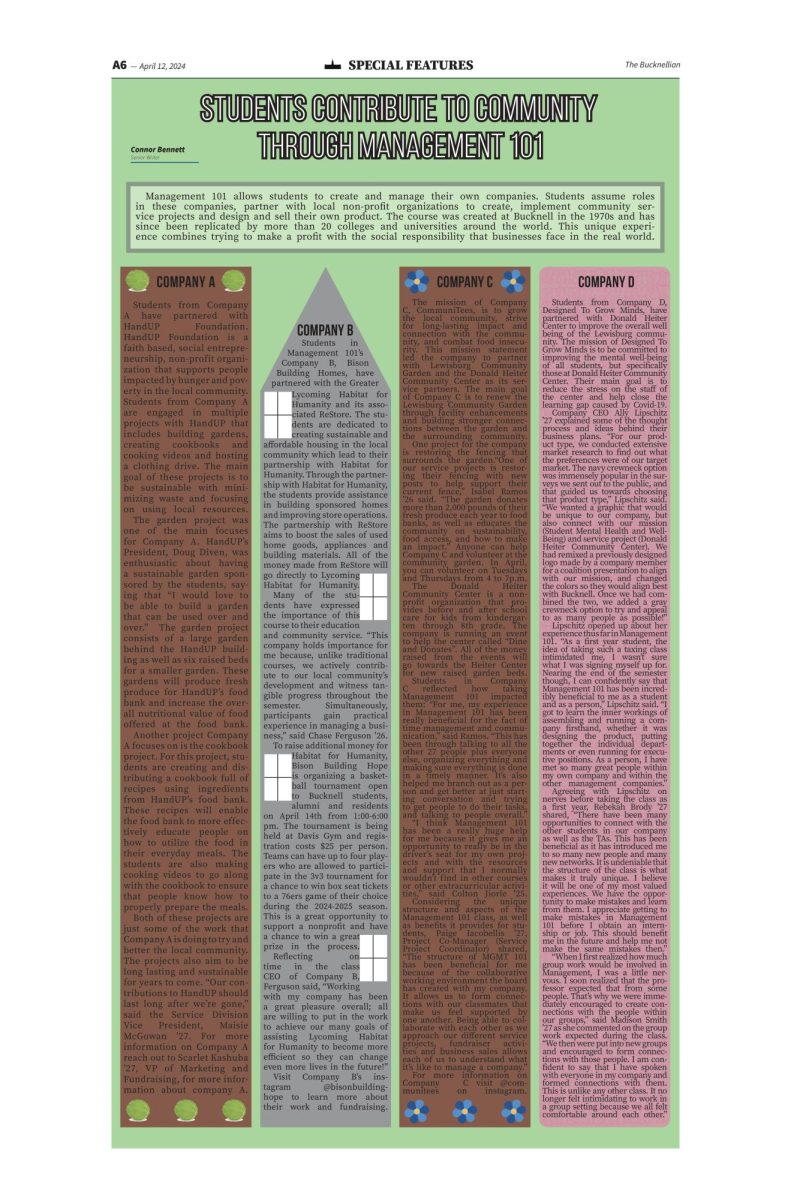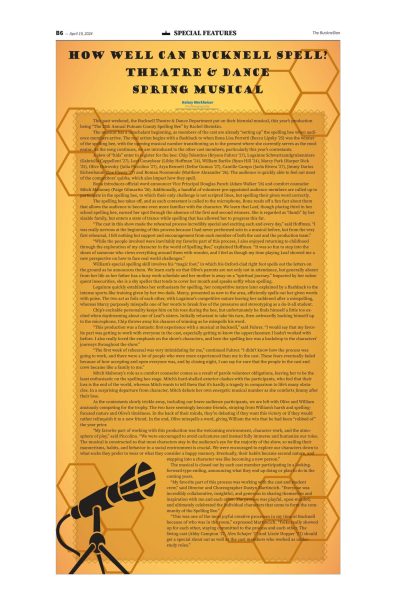In choosing a major, following your interests should be the only factor
February 8, 2018
The Feb. 16 deadline for declaring a major is fast approaching for University sophomores in the College of Arts & Sciences. The process can be insignificant for many students who may have entered the University knowing exactly what they wanted to study. Others have known since the fall semester their desired course of study. Some may still be deciding.
Many factors can affect this decision. What career path are you interested in? What would prepare you well for the future? What major do certain employers look for?
However, there is only one question to answer in my eyes: what subject are you interested in?
Through just over three semesters at the University, I have had the pleasure of taking courses in many fields I had never previously explored. Between knocking off College Core Curriculum (CCC) requirements and following my own curiosity, I have taken fascinating classes in sociology, philosophy, film studies, education, and economics. While many of these courses provided compelling reasons to major in those respective fields, I ultimately decided to declare a double major in political science and Spanish.
My choice was based on pure interest. I have always been interested in politics, but taking American Politics (POLS 140) parallel to the 2016 election cycle sparked my true passion for the subject. Likewise, after taking a Spanish class my first year, I knew that I at least wanted to minor in the subject and study abroad in Spain.
I find it frustrating when friends or peers discuss choosing classes or declaring a major in terms of what “sets them up well” for the future. At a prestigious institution like ours, I truly believe that any field of study will prepare you for a successful career. A liberal arts education teaches you valuable skills such as how to think critically, solve problems, and be creative — all of which are indispensable to most occupations.
Moreover, I think that these skills are so universally applicable that an English major, an economics major, and an East Asian studies major could be equally qualified for any position. Obviously, to work in finance one needs basic knowledge of economics and business, or to go to law school one must have some understanding of politics and philosophy. Still, I fully subscribe to the belief that you can major in almost anything and do almost anything with that degree.
A class in your major should not bore you. Your chosen discipline should make you excited to go to class each day. Furthermore, this discipline should inspire curiosity, perhaps compelling you to learn more about the subject outside of class and share your experiences in the class with friends.
College presents the unique opportunity to explore a seemingly infinite amount of classes and fields that were unavailable in high school. Students should take advantage of this opportunity to pursue any field that interests them. Whether it be for a major, a minor, or just a few classes here and there, exploring all that the University has to offer makes one’s educational experience even more worthwhile.
I’m happy with my choice of majors, but I regret not being able to take more classes in other fields that I find so interesting. Almost every class I have taken at the University has impressed me; that is the beauty of a University education.
In declaring a major, and even simply choosing classes for upcoming semesters, I urge students to follow their interests rather than any other factor that would influence their choice of study. Any University major will prepare you to go far in life. So in any of these decisions, follow your heart, not what someone else tells you to do.


























